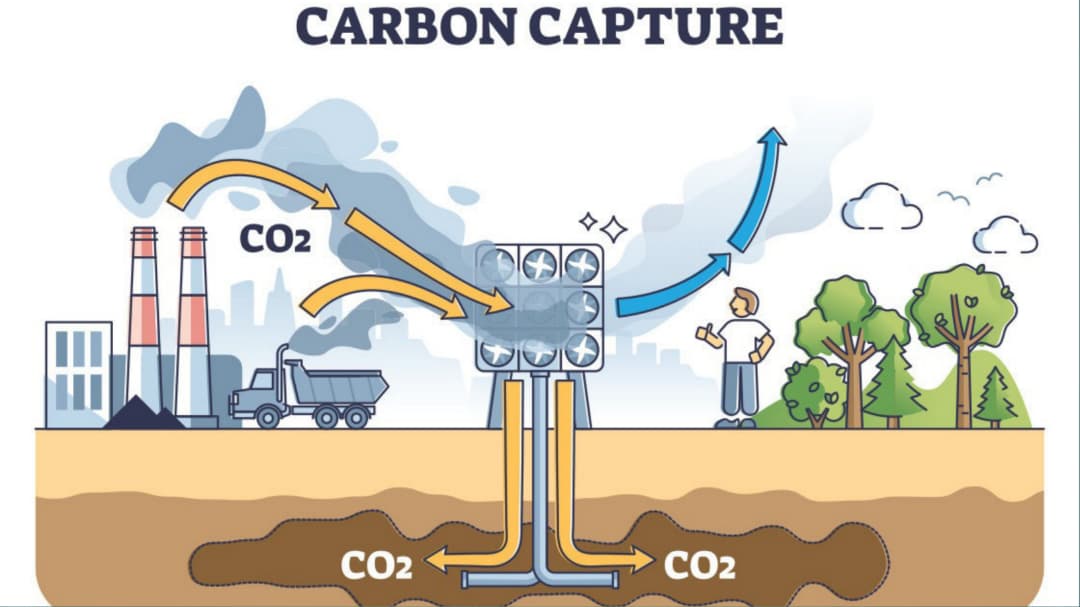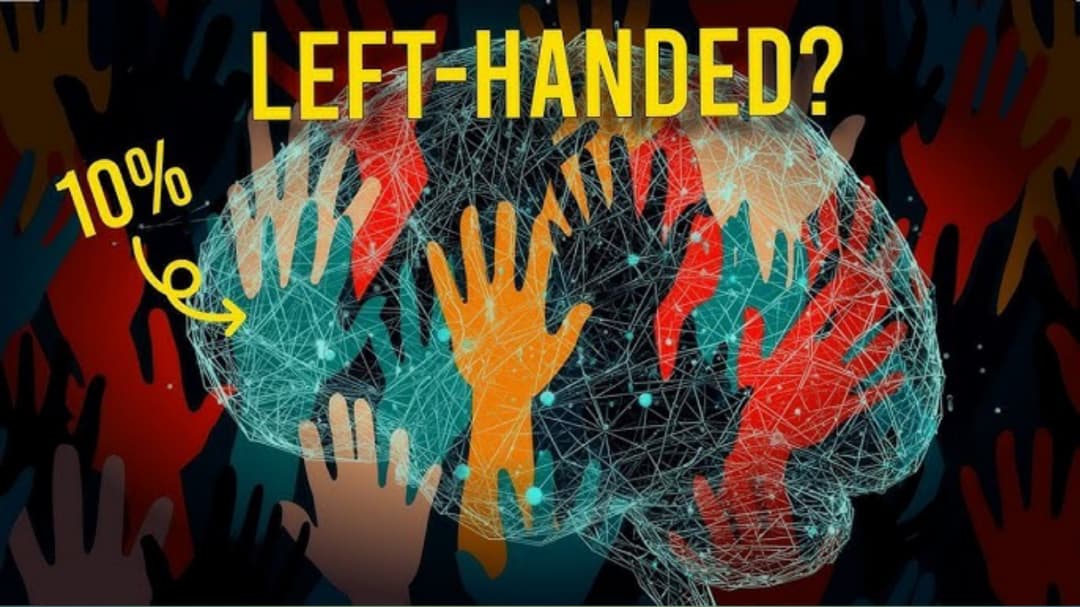Why Your First Failure Might Be the Best Thing That Ever Happened to Your Business
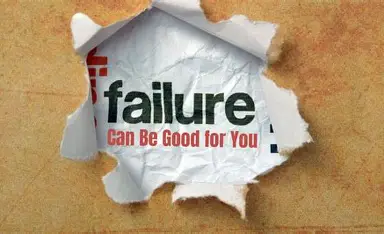
“Every time you fail, you’re forced to meet yourself without the applause.”
That line could summarize the quiet reality of entrepreneurship, a world where every idea feels personal and every failure cuts deep. For many business owners, that first stumble feels catastrophic. But here’s the paradox: failure, painful as it is, might be the best business partner you’ll ever have.
Every startup begins with a spark, an idea that seems destined to change the world. Then comes reality: invoices, customer complaints, unpaid salaries, and sleepless nights. According to CB Insights, 38% of startups fail because they run out of cash, while another 35% collapse from lack of market need. Behind those numbers are human stories of founders who mortgaged hope and got humbled by truth.
In 2012, Iyinoluwa Aboyeji, long before co-founding Flutterwave and Andela, launched a social learning platform called Bookneto. It didn’t take off. But that early failure didn’t end his journey, it refined it. Aboyeji later said the experience taught him what not to build and how to find the “problem worth solving.” That’s the unspoken currency of early mistakes: they strip away illusion and leave behind clarity.
The Psychology of the First Failure
The first failure is always the loudest. It shatters the myth of control that if you work hard enough or dream big enough, things must go your way. Yet psychologists at Harvard Business Review have found that failure triggers introspection, sparking creativity and deeper emotional intelligence. It forces entrepreneurs to ask not just what went wrong, but who they became in the process.
For many founders, failure is their first real encounter with resilience, not the motivational kind, but the version that keeps you up rebuilding spreadsheets after midnight. The kind that humbles ego but strengthens will.
Failure is the market’s way of giving you feedback you didn’t ask for. A product that flops isn’t always a bad idea, sometimes it’s the right idea, wrong time. A business that collapses under poor leadership might resurrect under better management. The difference lies in how founders interpret the lesson.
In tech, this is known as failing forward, the art of turning setbacks into systems. As entrepreneur and investor Reid Hoffman famously said, “An entrepreneur is someone who jumps off a cliff and builds a plane on the way down.” Each fall teaches a design flaw, and each fix brings you closer to flight.
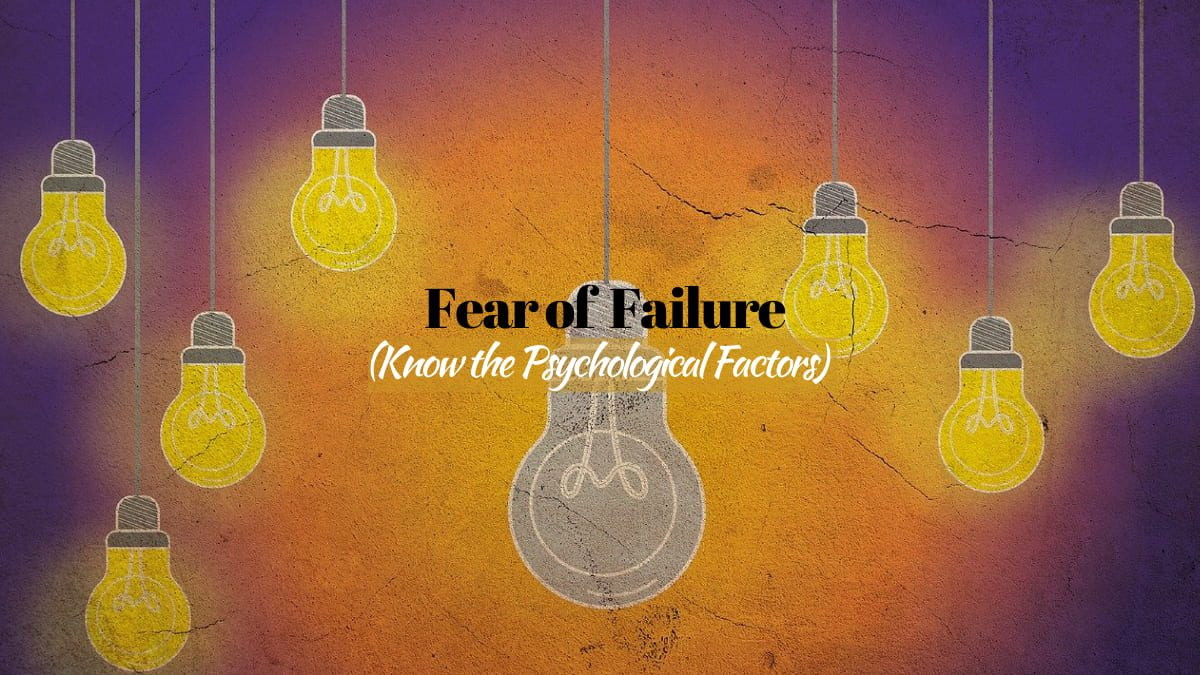
Cultural Stigma and the Fear of Starting Again
In Nigeria and across much of Africa, failure still carries social weight. It’s whispered about, hidden, and avoided. A failed business isn’t just seen as an economic loss, it’s seen as personal shame. Investors get wary, friends get silent, and self-belief erodes.
But in places like Silicon Valley, a failed founder is considered battle-tested. Investors know that scars come with experience. They value resilience more than perfection because failure signals experimentation and experimentation is the foundation of innovation.
As Africa’s startup ecosystem grows, this mindset is beginning to shift. From Nairobi’s “Silicon Savannah” to Lagos’ Yabacon Valley, more entrepreneurs are learning that failure isn’t disqualifying, it’s developmental. The new generation is redefining success not as never falling, but as rising faster each time.
The Hidden Strength in Starting Over
Failure isn’t just a test of skill, it’s a test of identity. Entrepreneurs often tie their self-worth to their ventures. When the business dies, they feel like they die with it. But that collapse can also be a rebirth.
Many successful founders built their second or third businesses on the ashes of the first. Elon Musk’s Zip2 failed before PayPal succeeded. Oprah Winfrey was fired from her first TV job before building a media empire. Closer to home, Sim Shagaya, the founder of Konga, faced the collapse of the e-commerce giant but later launched uLesson, a thriving edtech platform. The pattern is clear: the fall builds the founder.
What separates a failed entrepreneur from a growing one isn’t luck, it’s reflection. Instead of rushing to erase the embarrassment, successful founders document it. They write postmortems, list mistakes, and share stories with others. This openness builds a collective intelligence, a culture where failure becomes educational infrastructure.
In ecosystems like Silicon Valley, “Failure Nights” and founder meetups openly dissect what went wrong. It’s time more African startup communities normalized that transparency. When failure is shared, it stops being isolating; it becomes instructional.
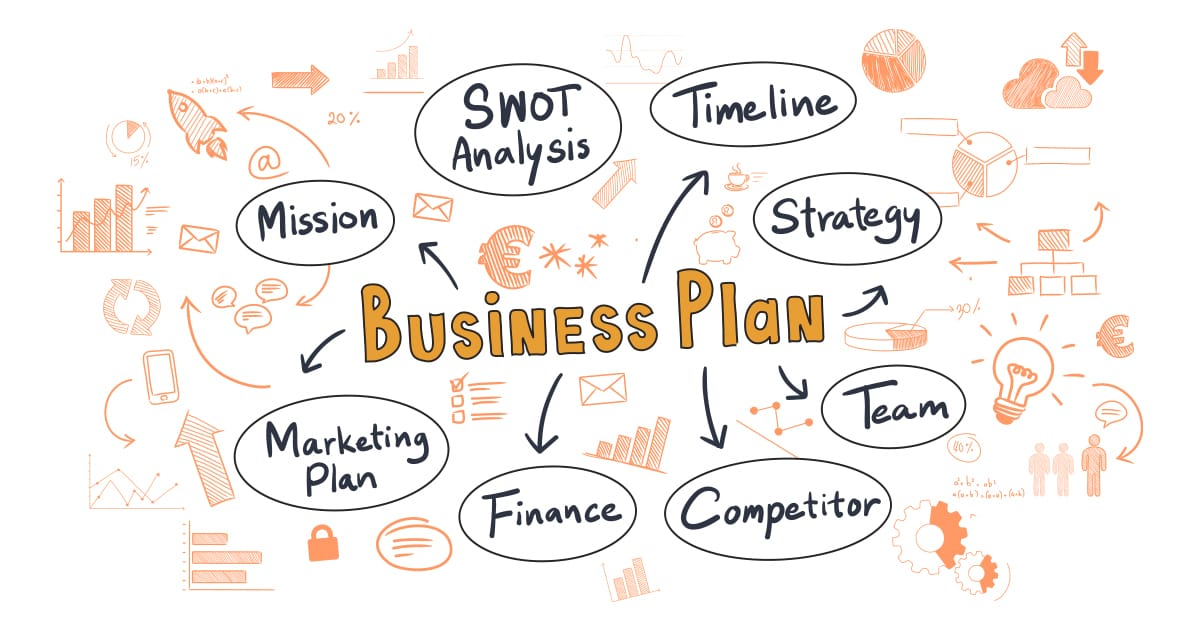
Case Study: The Burnout of Overconfidence
Kene Okwuosa, who co-founded a digital marketing firm in Abuja. The company’s first year was a meteoric rise clients poured in, revenue tripled, and confidence soared. Then came overexpansion. They hired too fast, ignored cash flow, and missed warning signs. Within months, salaries became irregular and morale plummeted.
The company nearly folded. But that crash taught Kene the discipline he lacked in success; budgeting, delegation, and humility. Today, he runs a leaner, more profitable business with lessons that no MBA could teach. “Failure,” he says, “was my most expensive, most valuable consultant.”
When Failure Becomes Fuel
There’s something liberating about having nothing left to lose. The second time around, founders tend to take smarter risks. They prioritize sustainability over speed, people over publicity. They build systems that last because they’ve already felt the cost of collapse.
In this sense, failure becomes fuel; a kind of scar tissue that makes the business body stronger. As Warren Buffett once said, “It’s good to learn from your mistakes. It’s better to learn from other people’s mistakes.” But either way, learning is non-negotiable.
If you’ve recently failed, the first step is honesty. Admit what didn’t work. Don’t rewrite history or hide data. Then, separate emotion from analysis; what part was execution, what part was environment, what part was ego? Finally, start small again. Build quietly. Iterate faster. The second act doesn’t need an audience; it needs intention.
Failure only becomes fatal when it’s hidden or repeated. Otherwise, it’s a blueprint raw material for resilience.
In hindsight, many founders realize that failure did something no success ever could: it taught them who they are without applause. It exposed what truly motivates them; not vanity, but vision. It sharpened their empathy, patience, and understanding of people.
The first failure hurts, yes. But it also humanizes. It reminds every entrepreneur that business isn’t just about profit, it’s about process. Success might make headlines, but failure builds character, and character sustains legacy.
You may also like...
Boxing Shocker: Hitchins Illness Forces IBF Title Defense Cancellation

The IBF junior welterweight title defense between Richardson Hitchins and Oscar Duarte has been cancelled due to champio...
Arteta's Fiery Warning: Arsenal Stars Must Endure 'Noise' or Exit Title Fight

Arsenal manager Mikel Arteta has issued a strong message to his title-chasing squad, urging them to embrace the intense ...
Hollywood Heavyweights Clash: Mark Ruffalo Blasts James Cameron Over Studio Deals

Mark Ruffalo has openly challenged James Cameron's critique of Netflix's potential acquisition of Warner Bros. Discovery...
Sopranos Shocker! Michael Imperioli Claims Characters Would Be Trump Supporters

Michael Imperioli, star of “The Sopranos,” believes the show's characters would likely be Donald Trump supporters today,...
Nollywood Sensation Mercy Johnson-Okojie Tapped for Key Public Role in Nigeria!

Edo State Governor Monday Okpebholo has appointed Nollywood icon Mercy Johnson-Okojie as Special Adviser on Public Engag...
Malawi's President Mutharika Unleashes Sweeping Ban on Health Workers Amidst Corruption Battle!

President Peter Mutharika has issued a tough executive order in Malawi, banning public hospital employees from owning pr...
Tragic Medical Mystery: Woman Loses All Limbs After Devastating Dog Lick Sepsis

Manjit Sangha, 56, lost all her limbs after contracting severe sepsis, believed to be from a dog lick. After 32 weeks in...
Global Economic Jolt: Trump Vows 15% Tariffs After Supreme Court Defeat

Following a Supreme Court ruling declaring his tariff policy unconstitutional, President Donald Trump escalated his trad...



